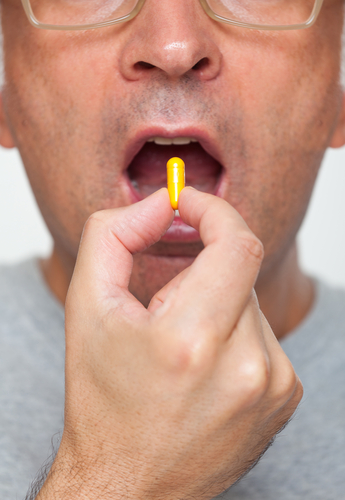Not many people realize that doctors struggle with drug and alcohol addictions too, often at higher rates than the general population. Doctors are human beings too, and are exposed to the same risk factors for addiction as people outside the medical profession. They could be genetically predisposed to addiction, have suffered childhood trauma and have anxiety or depression issues. On top of that, there are pressures that come with being in the medical profession.
Educational Demands
The educational demands of preparing for a medical career are staggering. Medical students have to go through 4 years pre-med, 4 years of medical school and 3 years of a hospital residency. 24 and 36 hour long shifts are common, and there can be intense competition. Substance abuse becomes a way to cope with stress. According to studies, medical students in the United States use alcohol, benzodiazepines and prescriptions drugs at a higher rate than their peers.
Longer Than Normal Workdays
It is usual for medical professionals to work 60 to 80 hours per week, not to mention rush trips to the hospital during all hours of the day or night to deal with emergencies. Needless to say this is mentally and physically exhausting. It can also interfere with the individual’s family time and self care, leaving them no time to exercise, eat healthy or even get enough sleep. This leads to an increased risk of heart disease, depression and other illnesses.
Stress
Medical professionals can suffer from chronic stress due to long work hours and heavy patient loads, thus increasing their risk of addiction. However, most doctors deny using drugs or alcohol to self medicate.
Patient Care
While patient care can be very rewarding, it is one of the most difficult aspects of a medical professional’s life. There can be unexpected outcomes, or demanding patients among other daily issues. It is no wonder that doctors can suffer from anxiety and depression. More so because most doctors don’t receive any training to manage their stress.
Easy Availability Of Addictive Substances
The very environment that doctors work in every day makes all sorts of drugs easily accessible to them. Since doctors also have the ability to prescribe medications, it is simple for them to illegally self prescribe without drawing attention to themselves. This explains why prescription drug abuse rates are higher among medical professionals as compared to the general population.
Doctors have a professional duty to report any colleagues who may be practicing medicine while taking drugs or alcohol. However, studies suggest that most doctors don’t report their fellow physicians when faced with this situation, instead preferring to practice professional courtesy. Unfortunately, this only supports addictive behaviors and increases their risk of self harm and harm to patients. It also prevents those doctors who are addicted from getting the help they need.
Sustain Recovery provides a unique approach for adolescents to learn about living substance free. To learn more about the elements of transitioning to sober living, contact us about our programs and how it can help you.




